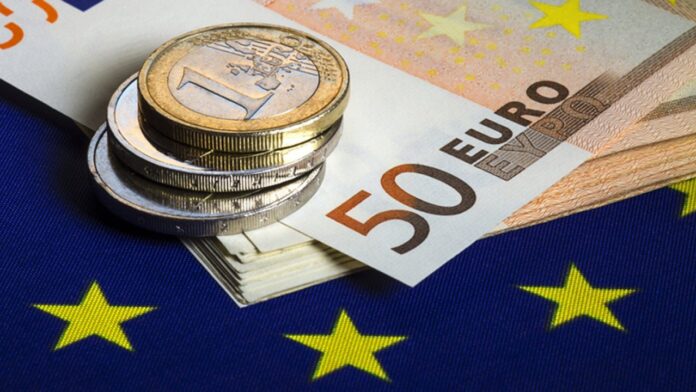The eurozone economy will grow more than previously expected in 2022 and decelerate more than previously thought in 2023, the European Commission forecast showed on Friday, according to Reuters.
In its regular economic forecasts for the 19 countries sharing the euro, the Commission said it expected the economy to contract in the last quarter of this year and continue to shrink in the first three months of 2023 mainly as a result of the energy price surge caused by the Russian invasion of Ukraine.
“We are approaching the end of a year in which Russia has cast the dark shadow of war across our continent once again,” said European Economic Commissioner Paolo Gentiloni.
But apart from the expected two-quarters of negative growth – a technical recession – the euro zone’s unemployment rate, aggregated deficit and debt or the current account balance will not deteriorate much, if at all, the forecasts showed.
The Commission forecast for the eurozone economy would grow 3.2% this year, more than the 2.7% predicted in July, but then slow down sharply to 0.3% growth next year, well below the July forecast of 1.4%, before rebounding 1.5% in 2024.
But the sharp slowdown will hardly affect jobs – the Commission expects the unemployment rate to rise to 7.2% next year from 6.8% this year before it falls back to 7.0% in 2024.
The aggregated budget deficit of the eurozone will hardly increase, inching up to 3.7% of GDP in 2023 from 3.5% seen this year and then declining again to 3.3% in 2024.
Public debt is to continue falling to reach 92.3% of GDP next year from 93.6% this year and reach 91.4% in 2024.
Inflation, while still high, will also decelerate to 6.1% in the euro zone in 2023 from 8.5% this year and slow down further to 2.6% in 2024, the Commission said.


